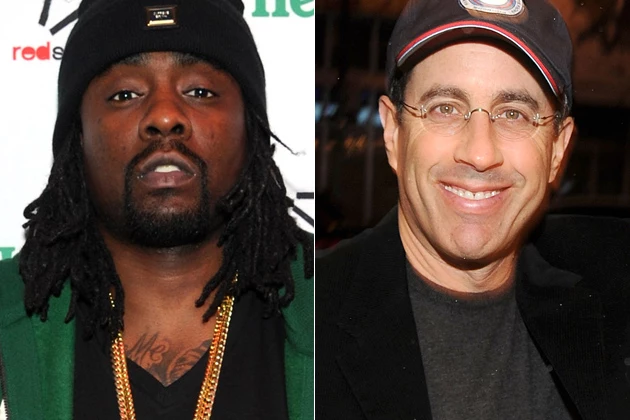

This makes “The Pessimist” the perfect title, as it exhibits Wale’s knack for constantly finding the one thorn in a bouquet of roses. He refers to fame as “America’s dream and nightmare in the same being,” as he again surveys himself and his status in the mirror. Cole-assisted “The Pessimist,” he examines the toxins which poison the black community, from the narrow path leading black men straight to jail to the delusive veil of prosperity. Reuniting with past collaborator Osinachi on the J.

Wale’s retention of popular culture and cognizance of what’s going on in the world has always bled into his music. Wale Opens Up About About Drugs, Depression & Seeking Respect: ‘I’ve Been Through Shit’ Even as a fan of the sneaker culture, Wale sees the fault in equating the pristine shine of white sneakers to status. He reflects on urban environments where “the sneaker stores and laundromats get all the money/ Cause it ain’t about what you’re doin’, but how you’re lookin’.” The mixture of tender keys, gliding synths, and crisp snares make Wale’s association of self-esteem precise. Through this soul-searching, Wale is now better able to connect with listeners by relating his personal issues to those plaguing the masses.Ī sneaker connoisseur, Wale uses the Pro Reese-produced “The White Shoes” to analyze the correlation between confidence and material possessions. Where that hunger previously compelled him to seek comfort through the approval of others, he’s finally learned to look inward for satisfaction. On the “The Intro About Nothing,” he reveals that fear of complacency fuels this restlessness over piano keys which build into an explosion of percussion: “Still my hunger’s like a fuckin’ model at a buffet.” This is both The Album About Nothing’s thesis, as well as the theme of Wale’s career. Music has long been Wale’s therapeutic method of releasing his demons of self-doubt.


 0 kommentar(er)
0 kommentar(er)
